Noticia
Interculturality in school, practices and cross generation
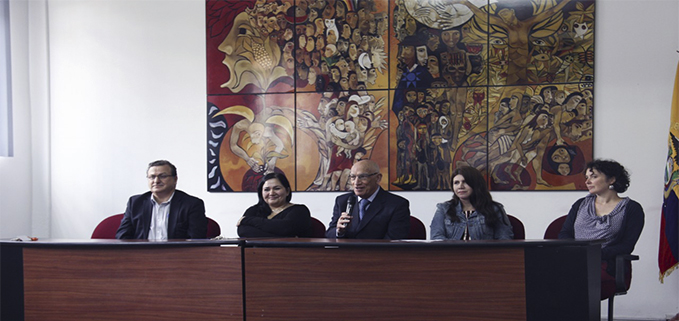
On June 14th the university's pedagogy major and the Intercultural Education Research Group (Grupo de Investigación de Educación Intercultural (GIEI)) in Quito held a talk titled "Interculturality in school, practices and cross generational".
During the event, they discussed research on cultural diversity held the classrooms of five schools in the cities of Otavalo and Quito, with the participation of Maria Sol Villagomez, Daniel Llanos, Diana Avila, Azucena Bastidas and Ivonne Lopez (members of GIEI) and Stephany Aldaz y Martha Navas, students majoring in pedagogy; Elke Vanwildemeersch, educational consultant EFTP and Astrid Vandormael of Leuven Catholic University, Belgium.
The opening was presided by Father Javier Herrán, UPS president, José Juncosa, Vice president in Quito; Ana Maria Narvaez, director of the pedagogy major, Maria Sol Villagomez, coordinator of GIEI and Elk Vanwildemeersch, educational consultant.
Navas and Aldaz shared their experience as researchers and highlighted that "in addition to understanding the theory and applying methods you have to understand what we want to do, how we are going to do it and then understand the reality of the context to compare and analyze it, from a critical and reflective perspective".
On multiculturalism in the international environment, Vanwildemeersch mentioned that there should be more interaction in activities outside the classroom and discuss and reflect on issues such as stereotypes, diversity or sexuality. He noted that there is a tendency to believe that the outside is better.
As for multiculturalism, school and curriculum, Bastidas and Avila found that there is lack of knowledge about multiculturalism in the educational process. The issue is reduced to acceptance and tolerance of students from different towns but under the same curriculum structure, regardless of the process of knowledge, customs or methodologies.
With respect to coeducation, Navas highlighted that to achieve gender equity and equality in educational processes, access and responsibilities, "there is an advance in both laws and institutions to include women in the educational process, but much remains to do and reflect on this issue, "he said.
Finally, they talked about exclusion and inequality. Lopez said there is still an excluding language in gender issues, culture and society. There is still a lot of euphemism, discriminatory expressions on stratification and ethnic diversity
Contenidos Relacionados
Contenidos Relacionados
Noticias Relacionadas
Noticias Relacionadas

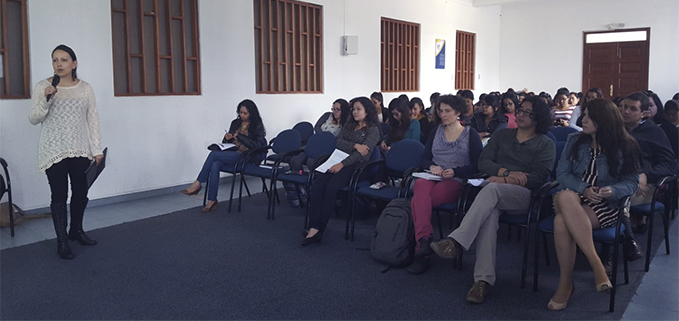
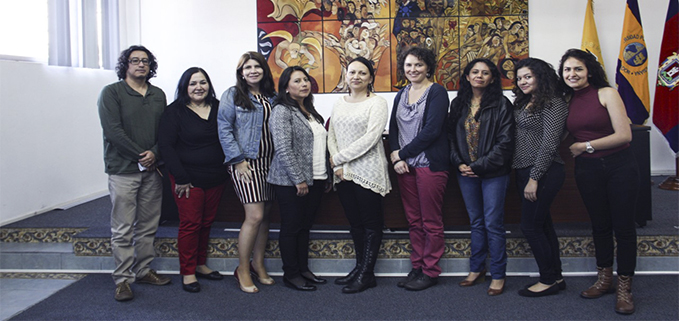
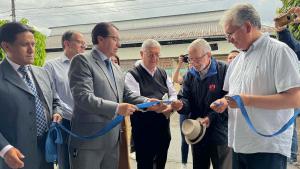
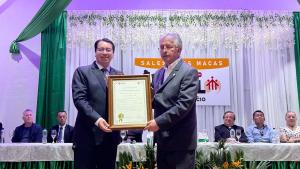
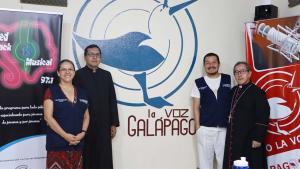
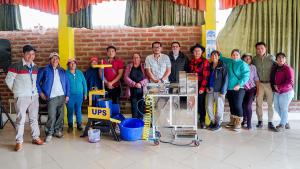
Follow us
Follow us